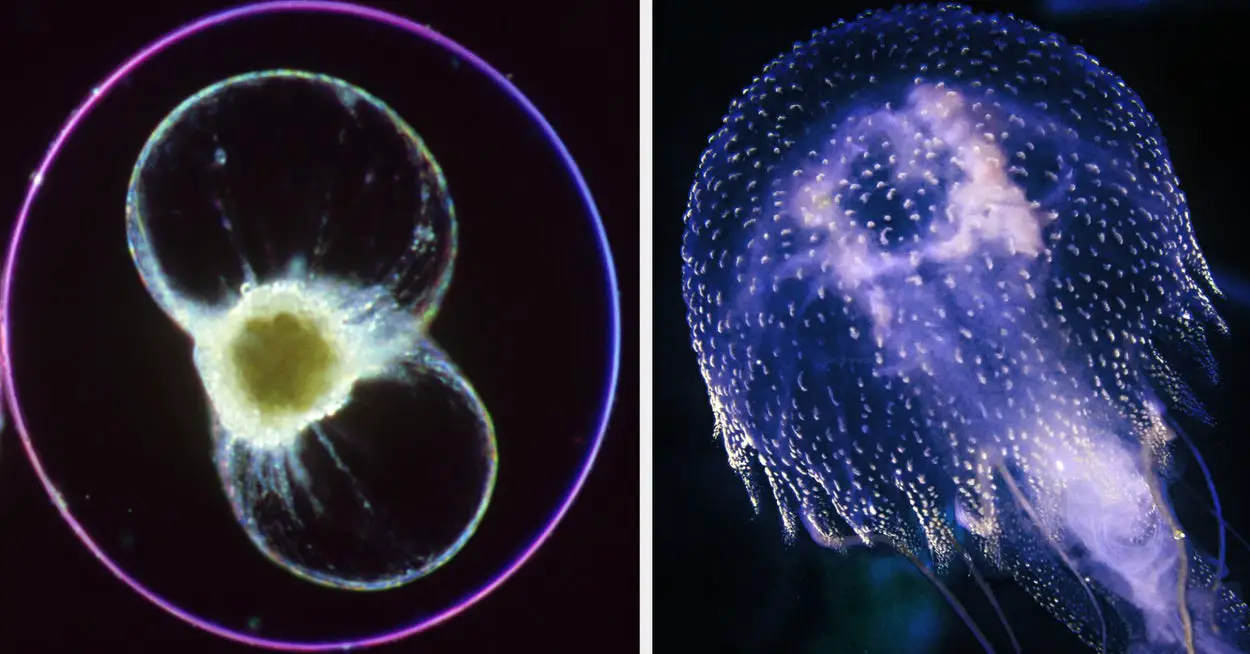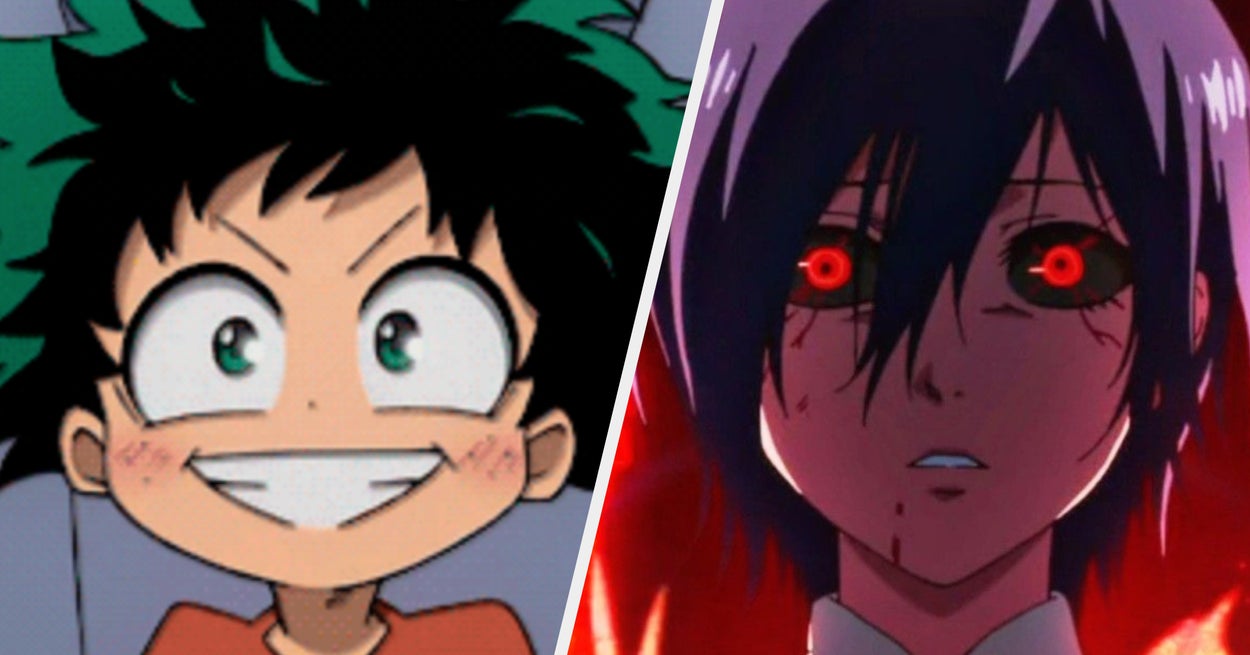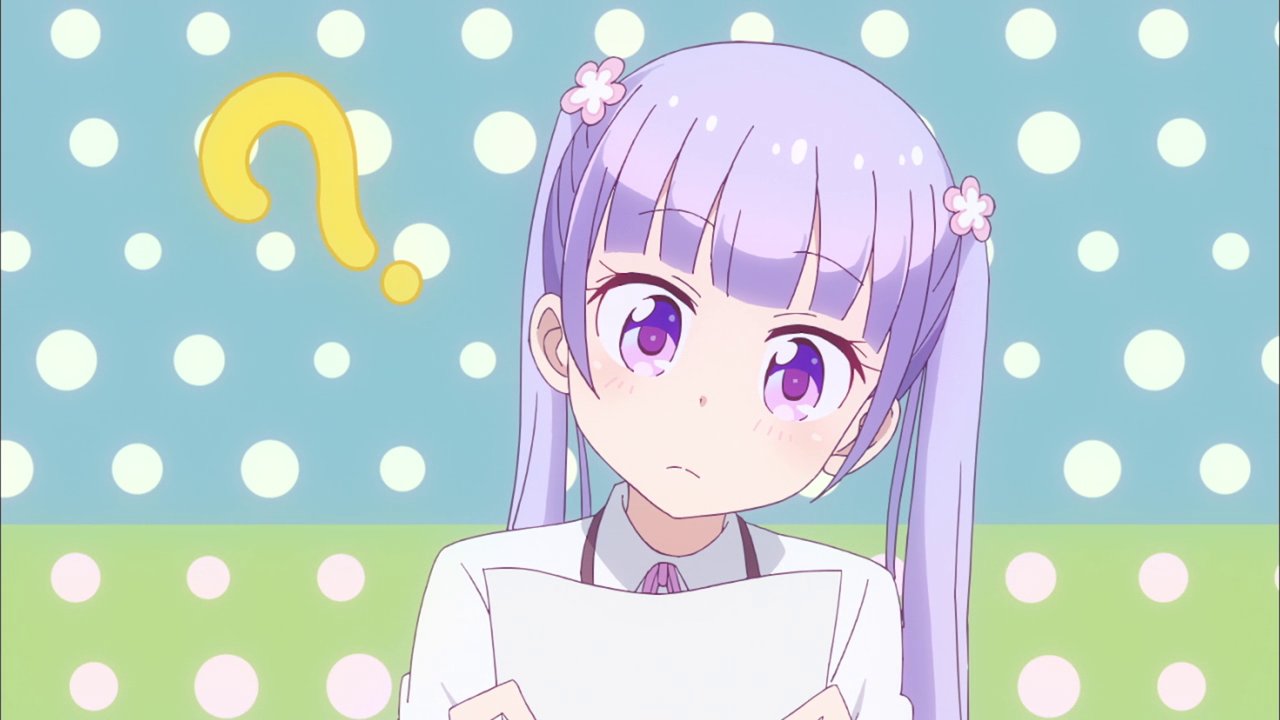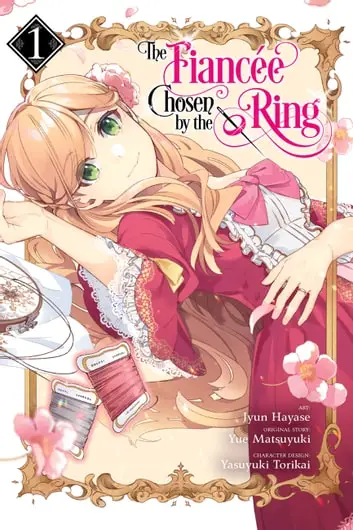Folks, we finally have it—a tsundere origin story! Endo & Kobayashi Live! The Latest on Tsundere Villainess Lieselotte tells all in episode 6, and what it reveals is quite surprising. It turns out that tsunderes are not born; they are made. But what’s more, not only do genetics have nothing to do with the matter, neither does home environment or a childhood devoid of love and affection. Instead, the state of tsundere-ness has to do with something far more specific: It is the quenching of hope that breaks the heart of titular tsundere Lieselotte and locks the pieces up tight, beyond her ability to express or others’ ability to reach. As the Book of Proverbs says, “Hope deferred makes the heart tsundere.”
Ok, so I may have tweaked that verse just a little bit. But it proves to be incredibly apt nevertheless for understanding what is going on in Liese’s backstory this episode. Let’s dive in!
First off, a little explanation for anyone who may not yet have encountered the phenomenon of the tsundere. The word itself is a portmanteau of two Japanese onomatopoeia, tsun tsun—the sound your nose makes when you walk around with it stuck up in the air like an entitled noble—and dere dere, the sound your heart makes when you’re a soft gooey lovey dovey type. Put the two together, and you get tsundere, someone who acts (aggressively) standoffish but is all warm and fuzzy inside, particularly concerning their love interest. They struggle to express their real feelings and generally are at risk of missing out on love due to their stubborn contrariness, which is really shyness in disguise. It’s a lifelong condition, with only minimal progress being made over the course of any series, courtesy of a gargantuan amount of effort by those who care for the tsundere as they seek to socialize him or her into something resembling only mild rudeness. Personally, I believe that it is the tsundere’s likeness to a cat that makes this character trope so beloved in the anime community. A stuttered cry of “B-b-baka!” from a tsundere is akin to a cat’s meow of recognition, and a “Hmph!”, to a cat’s hard-won purr.
But the way that Liese’s origin story is handled here reframes completely a character type that normally elicits rolled eyes, laughter, and passionate fandom—all at the same time. Instead, it adds depth and pathos to what could otherwise be a charming, but rather cardboard character. You see, Lieselotte was actually born a happy, cheerful child, warm in her affections and sure of her loves—and one in particular: Crown Prince Siegwald Fitzenhagen. They meet and are affianced as very young children, but even at so tender an age, Liese knows her heart: she loves the prince from the moment he first stretches out his hand to her, grinning widely and inviting her to come play. Later that evening after the children’s first playdate, Liese pours out her heart to her father, telling him how much she loves Prince Siegwald.
Rather than share in his daughter’s delight though, Bruno Riefenstahl responds with a word of warning: “That’s not something you can ever tell His Highness,” he tells her, explaining that, “His Highness will one day become king of this land. He is in no position to voice his like or dislike of any individual so irresponsibly.” He implies that her love may be unrequited, and even if it isn’t, it will never be fully satisfied since the prince will not be at liberty to express his love for her in the way she had just done for him. As if this weren’t bad enough, Bruno ends the father-daughter heart-to-heart with the charge to Liese that, “You must never impose on His Highness.”
Liese’s father may have meant well—he may have meant to protect his daughter from disappointment. Or he may have been considering how best to prepare her to serve her family’s interests competently through what was essentially a political marriage, which is something her younger sisters would later prove savvy to. Regardless of the intent, the effect was devastating for Liese. She obeyed her father’s words and sought to hide her feelings under a veneer of haughty dislike, rejecting Sieg’s cheery gestures of affection. But it hurts her every time. And her love for him did not wane; it only grew more with the passing years, as did the pain. But Liese did not want to be a burden to Sieg, so she lied to him in word and deed, her tsundere ways serving as a coping mechanism.




Wait a second though, what does this have to do with hope? Isn’t it the denial of love that has Liese in such turmoil here? Not quite. You see, Liese does not lose her love for Sieg, and she is never rejected by him either. Her father does not forbid her love, and she continues to experience it. Instead, what is happening here is Liese’s belief that she must never demonstrate her love in the way she would want, that is, she believes she cannot act on it. And that is a matter of hope.
In her book Atlas of the Heart, social scientist and emotions researcher Brené Brown explains that “hope is not a warm fuzzy emotion that fills us with a sense of possibility. Hope is a way of thinking. It’s a cognitive process.” This way of thinking depends on three core beliefs: the first has to do with goals, “I know where I want to go;” the second, with pathways, “I know how to get there, and even if I don’t quite know all the details or I get it a bit wrong, I’m persistent enough to keep trying;” and the last, with agency “I believe I can do this.” When we have all three of these things lined up, we experience hope. (See Chapter 6.)
Little Liese was full to bursting with hope that day after the playdate. She had a goal: “I want His Highness to fall in love with me too!” She also had a pathway: “We’ll have a wedding and live happily ever after!” Finally, she believed she had agency—that’s why she was so excited to tell her father about her love for the prince. She was full of hope for her future!


But when her father told her she must not let Sieg know of her love, he denied Liese her goal. When he explained that a king can’t have favorites, he destroyed her pathway. And when he told her never to impose on the prince, he stripped away her agency: he decided for her how she should act. As a result, it was hope—and not love—that Liese lost that day.
According to Proverbs 13:12, hope that is deferred—that is told to mind its manners and not make a peep—makes the heart sick. This verse isn’t talking about those times when we hope for an outcome and our expectations are disappointed, like when we get passed over for a job that we really wanted. No, it’s talking about when we do not even permit ourselves to hope in the first place, when we “defer” or put off the very act of hoping, like when we see the ad for the perfect job and instead of applying and practicing our interview skills, we don’t even try. Hope says, I want that job! I know how to apply for it and prepare! I might just have a shot at it! When we defer hope though, we say: there’s no way that job’s for me; I won’t waste my time applying; I could never get it. No goal, no pathway, no agency, just heartsickness. This is what happens to Liese, and that’s why she is in pain every time she turns away from the prince: her hopeless heart is ailing. But it gets worse.
Hope may be a way of thinking rather than just a feeling, but as Brown points out, hopelessness is most certainly an emotion. It is not simply the absence of a certain way of thinking or of belief in your ability to set, pursue and achieve goals. It also often involves feelings of self-blame alongside the lack of agency, and can even lead to despair when the inability to set and pursue goals seems to apply to every part of life and not just a specific situation. Tragically, we see this happen for Liese.


To begin, although Liese is essentially obeying her father each time she rejects Sieg, it is not simply a lack of agency she experiences in these moments—“I must obey father”—but a sense of guilt and shame. She blames herself for her behavior: “Why must I always respond like this?” she wonders as she brushes off Sieg’s kindness once again. Having dutifully internalized her father’s words, Liese now pays the price of self-recrimination for following them, creating a painful dissonance within. She blames herself for the harmful lesson she’s been taught. In doing so, she breaks trust with herself as her repeated rejections of Sieg shatter her heart.
But Liese also has an enemy—a dark, nebulous presence that haunts her nightmares and increasingly, her waking moments too. This demonic force is the Witch of Yore, whose merciless taunts hammer a wedge into the crack inside Liese, splitting it wide until it is a gaping wound that allows her enemy’s whispers access to her heart. Though she is determined not to fall for the lies, Liese is ultimately powerless to fend off the onslaught of accusations and suspicions that play off her fears about the damage she’s caused through her tsundere ways. The shame is redoubled as the Witch’s voice entreats Liese to rage against her “sister” Fiene and Sieg as well, isolating her from her friends. The whole world becomes a place of darkness and betrayal, and now every moment hurts, to the point where Liese loses consciousness from the torment of it all, sinking away inside herself and falling into a well of despair.
Hope deferred makes the heart sick; it opens a door to self-blame and despair. Thankfully though, that’s not the end of the verse, and there’s more to Liese’s story too! Hope deferred may break the tsundere heart, “but a desire fulfilled is a tree of life.” By the end of the episode, Liese may still be unconscious, but she’s no longer in that dark place. What makes the difference?
Well, just as three voices had led her into despair—her father’s, her own, and that of the Witch of Yore—it is three more that bring her out, and the first two belong to the gods of Liese’s world, Endo and Kobayashi. As Liese sinks into the well of darkness, their voices ring out, bright and true, ushering in the light both literally and figuratively. They promise they will fight for her, that they will not let her die; that they will make sure that she gets the happiness she deserves. She does not recognize who is speaking—she does not know them yet—but she knows there is warmth in their voices and that she suddenly feels protected.
This divine interjection shifts something inside Liese and in the circumstances around her. So when the next voice breaks through, one that she knows oh so well, Liese hears it in a new light. Prince Sieg only calls out her name, but for the first time, Liese is able to hear the love that his voice carries for her. Endo and Kobayashi’s fierce love broke the grip of guilt and shame that had a hold of her and as a result, Liese is finally able to hear Sieg’s voice properly, free from the compulsion to reject him and the fear of imposing on him. She is able to receive his affection freely. What happens in this moment is the revival of hope in Liese—by her world’s gods, and by the one she loved most. Her desire to be loved and to love freely, without guilt or shame—that universal human desire—was fulfilled and it planted a strong tree of life in the garden of her heart.

What an incredible parable! Hope may be a cognitive process, but that doesn’t mean that the only way we can overcome hopelessness and despair is to think our way out of it. Sometimes, the hurtful words of others, our own internalized negative thought patterns, and our world’s equivalent of the Witch of Yore—our spiritual enemy—may be too strong for us to overcome, even with support. Sometimes, like Liese, we find ourselves in the midst of a group of loving friends—our own Fiene, Baldur, and Sieg—yet still unable to overcome the thing that haunts us or the harmful pattern of behavior that alienates us from them.
But in those cases—and in every case, no matter what—we have the God of this world, who is greater than Endo and Kobayashi. We have our supernatural friend, whose voice is able to cut through any darkness and restore to us the hope that has been stolen from us, no matter how long ago or by what or whom, and even if we’ve handed it over ourselves. We have a God who, like Endo and Kobayashi, is determined that we should live and not die, who literally moved heaven and earth to make sure we could access the happiness he created us for, the life abundant, life eternal, life full of hope. And like Sieg, he calls out our name whenever we slip into that place of darkness, the love carried in his voice accompanied by promises and plans to bless us, that we might live lives full of hope.
So the next time we feel hope slipping away from us, let’s listen for that other voice. Not the one that warns us away from love and joy; not the self-accusatory tone playing inside our heads; and not the voice of the enemy who whispers only of accusation and despair; but the voice of the One who restores our hope. Maybe then, we’ll be able to hear properly the love in the other voices around us too.
Endo & Kobayashi Live! The Latest on Tsundere Villainess Lieselotte is streaming on HiDIVE.










Leave a Reply